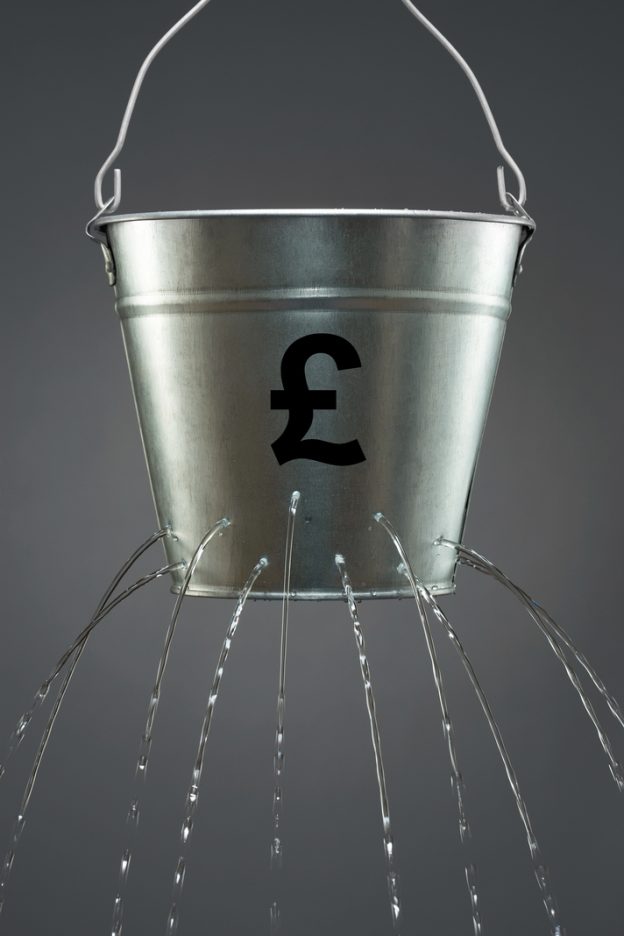
Tax year 2024/2025 starts on the April 6 2024 so if you’re already receiving pension income or in the process of preparing for retirement, you might be curious about the tax implications for your income from the state or other type of pension provider.
Some good news is that the state pension is scheduled to rise by 8.5% in April 2024, marking the second largest increase ever recorded for the state pension.
As a result of this adjustment, individuals who are eligible for a full state pension will now receive £221.20 per week (£11,502 per year), an increase from the previous amount of £203.85 (£10,600 per year).
The 24/25 tax year sees a few other changes with new pension allowances being introduced from April 6.
What tax will I pay on pension income in the 24/25 tax year?
Pensions are subject to the same tax treatment as other forms of income and taxed at the same rates.
In the 2024/25 tax year there is a basic tax free personal allowance of £12,570, which exempts you from paying income tax on income up to that threshold.
Depending on your circumstances you might have a higher or lower personal allowance.
If you earn in the range of £12,571 to £50,270 a tax of 20% is applied before reaching the higher tax rate of 40% which is for income from £50,271 up to £125,140.
As an additional rate taxpayer if you make more than £125,140 you will be subject to a 45% tax rate.
Is tax applicable on my 2024/2025 state pension?
The income received from state pension is subject to taxation, but the requirement to pay taxes is based on the amount of your yearly income.
The personal allowance for the tax year 2024/25 is set at £12,570, while the highest amount of the new state pension that can be received is approximately £10,600 (equivalent to £203.85 per week).
In the case that your sole source of income is the state pension, you will not be subject to income tax because it’s below the tax free personal allowance.
If your income exceeds the personal allowance due to additional sources, you will be subject to income tax on the amount above the personal allowance threshold.
Do I pay tax on a pension lump sum in 24/25?
Normally 25% of a pension pot can be withdrawn as a lump sum without paying any taxes, while the remaining 75% will be subject to income tax.
If you have more than one pot there is usually the option to receive multiple smaller lump sums with 25% of each withdrawal being exempt from tax.
Taking a pension lump sum could potentially move your income into a higher tax bracket, leading to a tax rate of 40% or higher.
Pension lifetime allowance is being abolished
From April 2024 the LTA is being abolished with three new allowances being introduced.
The lifetime allowance (LTA) is a cap on the amount of pension savings you can accumulate throughout your lifetime without incurring an extra tax bill when you decide to access them.
Starting from the beginning of the 2024/25 tax year you will have the opportunity to increase your pension pot without facing any additional tax charges upon withdrawal.
New pension tax rules for the 2024/2025 tax year
Starting from April 6 2024 the government intends to implement three new pension allowances:
A lump sum allowance limit of £268,275: This represents the maximum tax free lump sum you can receive from all your pensions. If you possess a valid protection certificate granting you a higher tax-free amount, this limit may not apply. Any lump sum exceeding this threshold will be subject to tax.
A lump sum death benefit allowance of £1,073,100: This signifies the total tax-free lump sum that can be disbursed to beneficiaries from pensions in the event of the pension holder’s demise before reaching the age of 75. Any lump sum surpassing this limit will be liable to tax.
An overseas transfer allowance of £1,073,100: This denotes the total value of pensions that can be transferred to a Qualifying Recognised Overseas Pension Scheme (QROPS). Any amount exceeding this threshold will incur a tax charge of 25%.
Can I reduce pension tax in the 24/25 tax year?
In simple terms the lower your overall taxable income is the lower your pension tax bill will be.
Based on this fact only withdrawing the necessary amount of income from your pension can be more tax efficient.
Pension drawdown and annuity products exist to help you manage pension income and lump sums with tax efficiency one of the main benefits of using either option.
It’s worth finding out about all of your options before withdrawing your pension or taking any pension lump sums.





